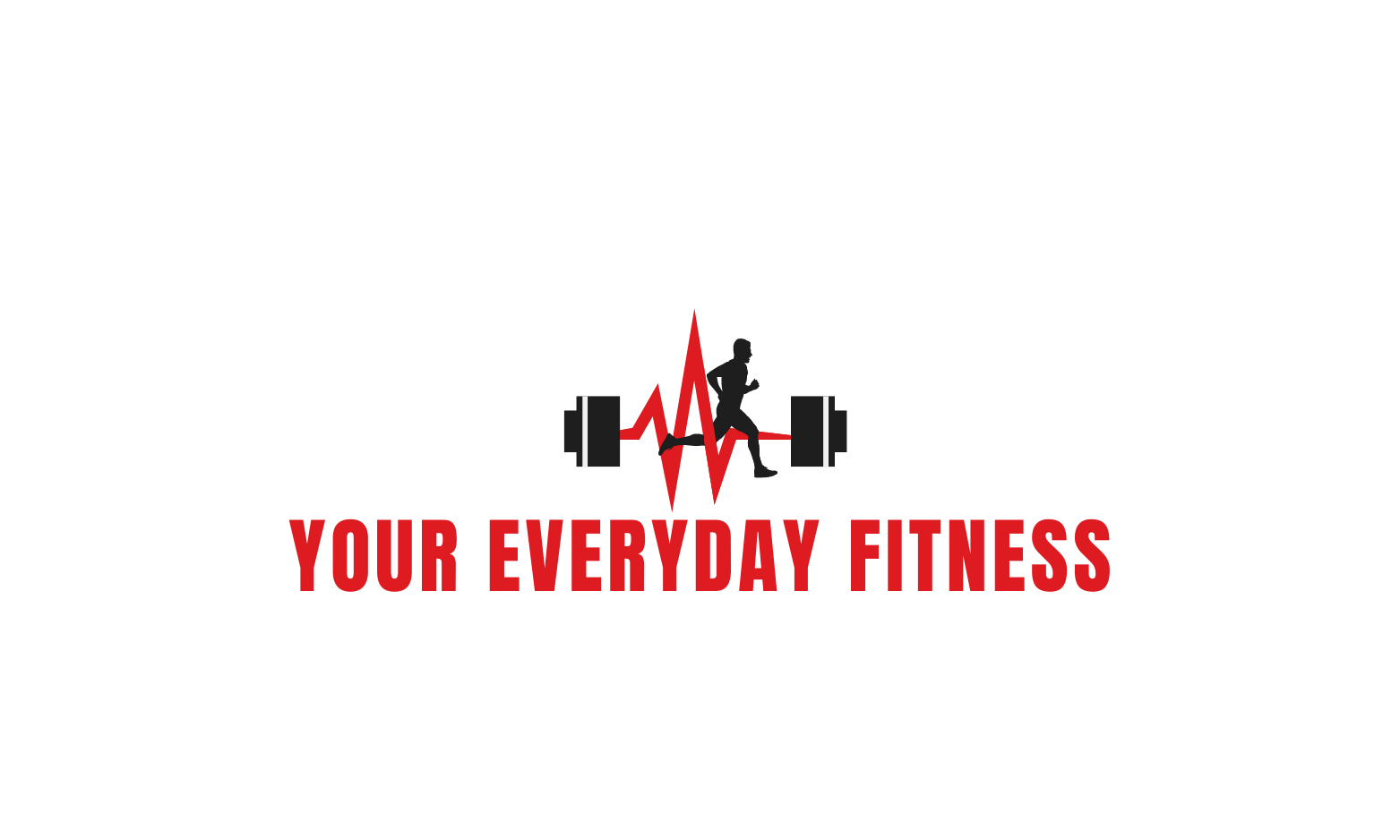Introduction
One of the most studied and widely used supplements in sports and fitness is creatine. It is well recognized for its muscle growth, strength gains and exercise recovery benefits. However, many individuals are concerned about one thing before trying this supplement: will creatine cause weight gain?
I remember when I first started taking creatine, and I started to worry too– what is this weight I am gaining? Is this a bad supplement to take?
But what type of weight does creatine really lead to? Muscle? Fat? Water retention?
In this article, we will breakdown the science of creatine and weight gain, assess the research, and provide an answer according to peer-reviewed research.
What Is Creatine and How Does It Work?

Creatine’s Role in Energy Production
First let’s go over the basics; how is creatine made, and how does creatine work?
Creatine is a natural substance created from the amino acids arginine, glycine, and methionine. Stored in the muscles as phosphocreatine, it helps produce adenosine triphosphate (ATP)—the main energy source for rapid bouts of intense exercise (Kreider et al., 2017).
Sources of Creatine
- Food Sources – Present in red meat, fish, and poultry (but not in significant quantities).
- Creatine Supplements – The most researched and effective creatine used by athletes (Antonio et al., 2021) is creatine monohydrate.
Why Athletes Use Creatine
- Enhances strength and power output in workouts (Wax et al., 2021).
- Enhances muscle growth when combined with resistance training (Candow et al., 2023).
- Supports brain function in individuals under cognitive stress (Forbes et al., 2019).
So, why the concern about weight gain when there are all these benefits?
Does Creatine Cause Weight Gain? Understanding the Different Types of Weight

1. Water Retention: The Initial Weight Gain
The most common effect of creatine supplementation is an increase in total body water.
This occurs as creatine draws water into muscle cells, giving them a fuller and more hydrated look (Powers et al., 2003).
Here are some things to consider with regards to the water weight:
- You can expect to gain 1-3 lbs of water weight within that first week of creatine use, according to some studies.
- This water is stored inside the muscles, not under the skin—meaning it does not cause bloating (Antonio et al., 2021).
- This increase in water content is temporary and stabilizes over time.
2. Muscle Growth and Long-Term Weight Gain
Creatine doesn’t just add water weight—it leads to greater muscle growth when used with resistance training.
- Studies show increased lean muscle mass in those using creatine versus non-users (Forbes et al., 2019).
- A meta-analysis on adults over 50 found creatine increases lean mass while reducing fat mass (Forbes et al., 2019).
- Creatine boosts muscle protein synthesis, leading to muscle hypertrophy (growth) over time (Jaramillo et al., 2023).
3. Fat Gain: Does Creatine Increase Body Fat?
Creatine is calorie free and doesn’t cause fat gain directly.
Studies have found no evidence that creatine users accumulate more fat than those without supplements.
- A 2023 systematic review found no significant fat gain in adults using creatine during resistance training (Candow et al., 2023).
- Fat gain, when it occurs during creatine use, is simply a product of caloric overconsumption, not a product of creatine (Kutz & Gunter, 2003).
Does Creatine Make You Look “Puffy” or “Bloated”?

There are some who believe that creatine causes bloating, but science shows otherwise
Many think this because creatine draws water into the muscle cells, which causes a fuller and denser appearance. However, creatine does NOT result in subcutaneous (under-the-skin) water retention, so it will not make you look “puffy”.
Research examining the distribution of fluid has also found that creatine administration leads to an increase in total body water without adversely affecting fluid balance (Powers et al., 2003).
Keep in mind every single bodybuilder takes creatine. I wouldn’t say Chris Bumstead looks puffy, would you? Don’t worry about this!
How to Take Creatine Without Gaining Weight

If you are worried about gaining weight when you take creatine, here’s how to mitigate any the effects:
- Microdosing Creatine – 2-3g per day instead of the normal 5g a day may help prevent excessive water retention.
- Hydration & Electrolytes – Making sure that you drink enough water and you maintain a balanced diet can help stop temporary bloating.
- Skipping the Loading Phase – A slow, steady approach (3-5g per day) eliminates the rapid initial water weight gain.
Who Benefits Most from Creatine Supplementation?
Creatine helps many people, including:
- Strength Athletes & Bodybuilders – These athletes can thank creatine for many things, but mainly the increases in power output and muscle mass, as well as recovery gains (Kreider et al., 2017).
- Endurance Athletes – These athletes get a huge boost from the benefits of creatine in sprint performance and recovery (Jaramillo et al., 2023).
- Older Adults – Helps maintain lean muscle mass and strength while reducing fat (Forbes et al., 2019).
- Women – Supports muscle retention without causing excessive bulk (Candow et al., 2023).
Debunking Common Myths About Creatine and Weight Gain
Myth: Creatine makes you fat.
Fact: Creatine doesn’t have any calories and does not cause you to gain fat.
Myth: If you stop taking creatine, you’ll lose all your muscle.
Fact: You might drop some water weight, but the muscle you acquire from training stays around as long as you keep training.
Myth: Only bodybuilders use creatine.
Fact: Creatine helps athletes who strength train; it helps older adults; it also helps people whose exercise focus is endurance.
How to Use Creatine for Maximum Benefits Without Unwanted Weight Gain

The good news is that creatine is safe; possibly one of the safest and most science-supported supplements to ever exist.
If you want some quick tips for how to take the supplement without any adverse effects, follow these tips:
- Best Dosing Strategy – 3-5g per day; no loading phase needed.
- When to Take It – Creatine can be taken before or after workouts. Research demonstrates it works either way.
- Best Form of Creatine – Creatine monohydrate is the most well-studied type and the most potent.
Conclusion: Does Creatine Cause Weight Gain?
Creatine will not make you gain fat or bad weight—if anything it promotes lean body mass. So do not worry about gaining weight while taking creatine, because if anything this weight will help you lose more fat!
The early creatine weight gain caused by water retention in muscle cells will lead to more muscle mass over time, which helps with strength, performance, and metabolism.
Once your performance and metabolism have been improved, you will shed fat even easier, while retaining the muscle you have been putting on.
Creatine is without a doubt one of the safest and most effective supplements that you can use—and weight gain from creatine should be seen as a benefit, not a drawback.
Sources
- Antonio, J., et al. “Common questions and misconceptions about creatine supplementation: what does the scientific evidence really show?” Journal of the International Society of Sports Nutrition, vol. 18, no. 1, 2021, p. 13, doi:10.1186/s12970-021-00412-w.
- Candow, D. G., et al. “Resistance Exercise and Creatine Supplementation on Fat Mass in Adults < 50 Years of Age: A Systematic Review and Meta-Analysis.” Nutrients, vol. 15, no. 20, 2023, p. 4343, doi:10.3390/nu15204343.
- Kreider, R. B., et al. “International Society of Sports Nutrition position stand: safety and efficacy of creatine supplementation in exercise, sport, and medicine.” Journal of the International Society of Sports Nutrition, vol. 14, 2017, p. 18, doi:10.1186/s12970-017-0173-z.
- Powers, M. E., et al. “Creatine Supplementation Increases Total Body Water Without Altering Fluid Distribution.” Journal of Athletic Training, vol. 38, no. 1, 2003, pp. 44-50.
- Kutz MR, Gunter MJ. Creatine monohydrate supplementation on body weight and percent body fat. J Strength Cond Res. 2003 Nov;17(4):817-21. doi: 10.1519/1533-4287(2003)017<0817:cmsobw>2.0.co;2. PMID: 14636103.
- Forbes SC, Candow DG, Krentz JR, Roberts MD, Young KC. Changes in Fat Mass Following Creatine Supplementation and Resistance Training in Adults ≥50 Years of Age: A Meta-Analysis. J Funct Morphol Kinesiol. 2019 Aug 23;4(3):62. doi: 10.3390/jfmk4030062. PMID: 33467377; PMCID: PMC7739317.
- Jaramillo AP, Jaramillo L, Castells J, Beltran A, Garzon Mora N, Torres S, Barberan Parraga GC, Vallejo MP, Santos Y. Effectiveness of Creatine in Metabolic Performance: A Systematic Review and Meta-Analysis. Cureus. 2023 Sep 15;15(9):e45282. doi: 10.7759/cureus.45282. PMID: 37720119; PMCID: PMC10503229.
- Wax B, Kerksick CM, Jagim AR, Mayo JJ, Lyons BC, Kreider RB. Creatine for Exercise and Sports Performance, with Recovery Considerations for Healthy Populations. Nutrients. 2021 Jun 2;13(6):1915. doi: 10.3390/nu13061915. PMID: 34199588; PMCID: PMC8228369.








